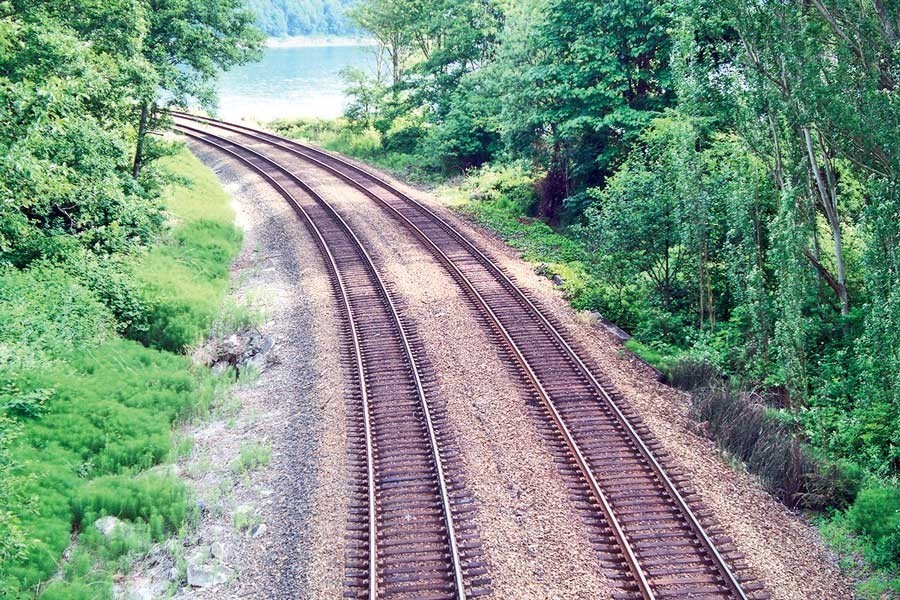
Published :
Updated :

The Financial Express last Thursday carried news to the effect that the Bangladesh Railways (BR) has started preliminary work for the establishment of a railway engineering university. The proposed university is envisaged to be built under public-private partnership (PPP); and once completed, it will take care of the shortage of experts in railway transportation. Considering that the state of railway communication is in a pitiable state, both in terms of carriage and timeliness, track and manpower, anything done with a positive flair in this field should be welcome. However, the very start of the talk has given rise to a debate among the pedagogues - not unsurprisingly at that! From the Bangladesh University of Engineering and Technology (BUET) has come the view that specialisation in railway affairs is a matter of post-graduate studies, rather than at graduation level. Transport experts are, however, inclined towards establishment of a department at a suitable university, preferably the BUET. Other private universities may also start railway engineering departments, so it is being suggested since many of them have facilities for obtaining engineering degrees. Since the present practice is obtaining masters degree in a special arena, the same could go for railway engineering.
University is from a Latin root word that means `a whole'. For a long time that whole has been divided and bisected into university for agriculture, for engineering, for medicine, for textiles, maritime issues etc, and the whole is hardly visible as a whole. It is as well that this is happening; for, in an era of specialisation a country has got to respond to the growing challenge of literally updating a system, more so when it involves transportation. Thus the idea of railway university commends itself for Bangladesh where there is glaring shortcoming in terms of modernising the railway as a bulk carrier of passengers and goods. Add to it, the context of multimodal transportation and connectivity, a paradigm shift that other countries in the region have achieved. China has an engineering university for railway transportation. India very recently has launched a university that will take care of both railway engineering and transportation. At any rate, railway systems in China and India are huge matters compared to Bangladesh, but that does not preclude the necessity, indeed the imperative for Bangladesh to embrace the latest technology in terms of speed, convenience and modernity for a knowledge and research based development of the its railway system.
The details of the BR proposal are not yet available, but a question may arise as to the commercial side of running a railway system on a much wider footing. The BR's PPP proposal will be tackled by the concerned cabinet committee. Giving concrete shape to the proposal will involve ministries of communications, law, public administration and finance. The University Grants Commission will also have a say. On the way obstacles will have to be faced and sorted out. However, the basic focus should be positive and all related issues will have to be discussed and a composite understanding will have to be reached by the stakeholders. A high-powered committee comprising experts from public and private sectors with deep knowledge, thinking and vision may be formed by the government to speed up improvement of the existing state of the railway as a first priority. Simultaneously, the process of setting up a specialised higher learning institution modelled on best practice methods will have to be taken up.


 For all latest news, follow The Financial Express Google News channel.
For all latest news, follow The Financial Express Google News channel.